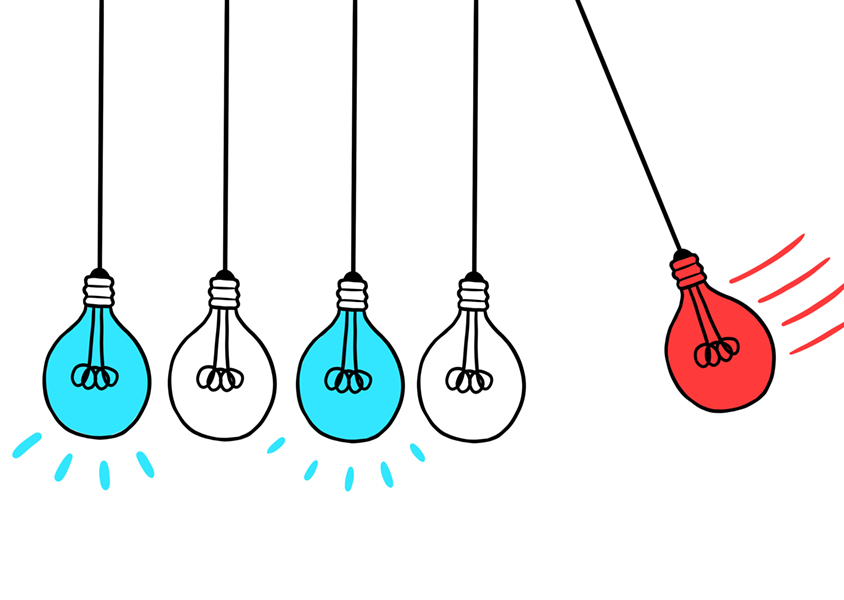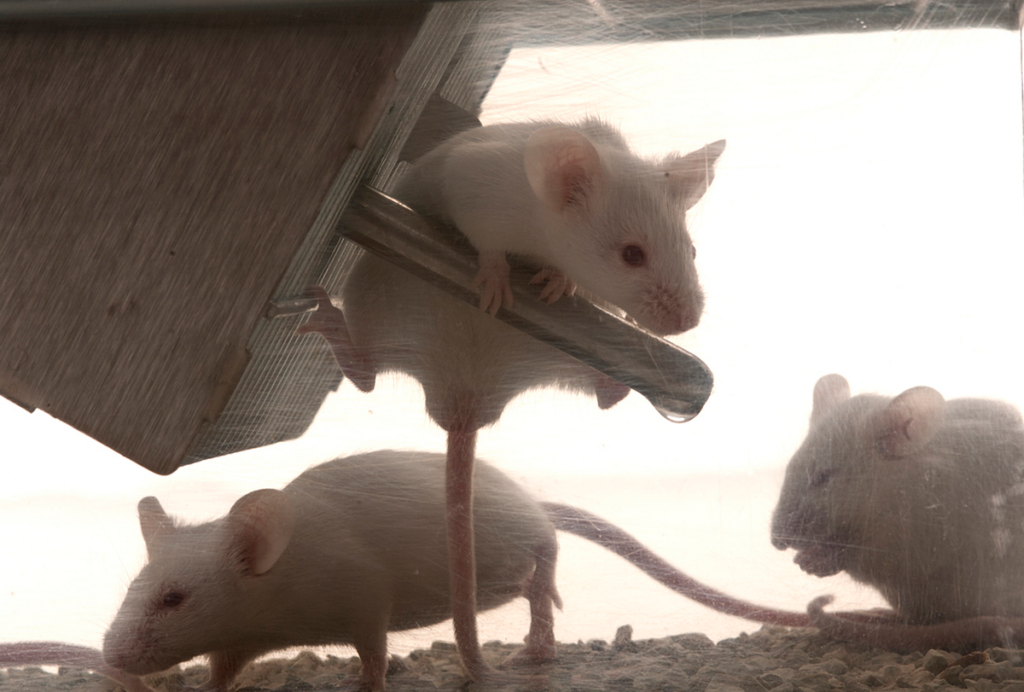Welcome to the first monthly edition of Null and Noteworthy. We’ve doubled the newsletter’s frequency to deliver more notable null results and replications direct to your inbox.
Thanks, as always, for your feedback, and please continue to send your thoughts, ideas, interesting studies and cat photos to [email protected]. Let’s dive in.
Vasopressin vagaries:
Studies in both rodents and people link the hormone vasopressin to autism, but the findings are far from clear: Autistic people show both unusually high and low levels. Use of the hormone as a treatment, or treatment target, is even murkier.
A new study of the vasopressin suppressor balovaptan — the largest randomized controlled trial of any treatment in autistic adults so far — found that the drug fared worse than a placebo at improving social communication as measured by the Vineland Adaptive Behavior Scales. The researchers had planned to give balovaptan or a placebo daily to 322 autistic adults in six countries for 24 weeks but stopped after only half of the participants reached that mark, as the results were already clear.
Measuring factors known to influence placebo effects, such as participants’ stress levels or expectations of benefits, could help tease out who might actually benefit from the drug, a commentary accompanying the study noted.
The findings were published in The Lancet Psychiatry in February.
Memory working:
Visual working memory tends to improve from childhood through adulthood, but it was unclear whether the same holds true in people with autism — until now. Researchers gave a working memory task to 66 autistic and 80 non-autistic people, split into roughly equal groups of children, adolescents and adults. The participants had to indicate changes in a sequence of either colored squares or line-filled shapes. Within each age group, people with and without autism were equally adept at identifying changes in the sequences, and memory improved similarly across age groups in both autistic and non-autistic people.
The findings were published in Autism Research in February.
Observing emotions:
Autistic people’s facial expressions differ from, and tend to appear more negative than, those of non-autistic people, some research shows. But much of this work has focused on autistic people’s perceptions of non-autistic people’s emotions and may use methods not designed with autistic people in mind.
A new study put 37 autistic and 39 neurotypical children in the Montreal Stimulating Play Situation, a setup designed by the study investigators to reflect autistic children’s interests and behaviors. Two outside observers rated the children’s facial expressions during play sessions as showing positive, neutral, negative or unknown emotions.
Autistic and neurotypical children showed no differences in the length, duration or amount of positive, negative and neutral emotions they expressed; only autistic children, however, showed emotions of unknown quality, suggesting a need to better understand the full range of emotion expressions in such children, the researchers write.
The findings were published in Autism in February.
Et al.:
- Women with the hormonal condition polycystic ovary syndrome may be more likely to have an autistic child than those without the condition, according to a meta-analysis of studies involving a total of more than a million women that echoes earlier findings. The European Journal of Contraception and Reproductive Health Care
- A study in 112 pairs of identical twins confirms that some environmental factors before and shortly after birth, such as having a low birth weight, increase a child’s chances of having autism. Molecular Autism
- A review including more than 640,000 people adds more evidence to earlier findings that autistic people are at an elevated risk of an early death from any cause; an editorial accompanying the study notes that the risk “demands” a better public health strategy. JAMA Pediatrics
- Neither infection with nor vaccination against influenza during pregnancy increases the likelihood of having a child with autism. Clinical Infectious Diseases
- Using videos is an effective way to train supervisors to give feedback to therapists who work with autistic children, according to a replication of a 2019 study on the method. Journal of Applied Behavior Analysis





